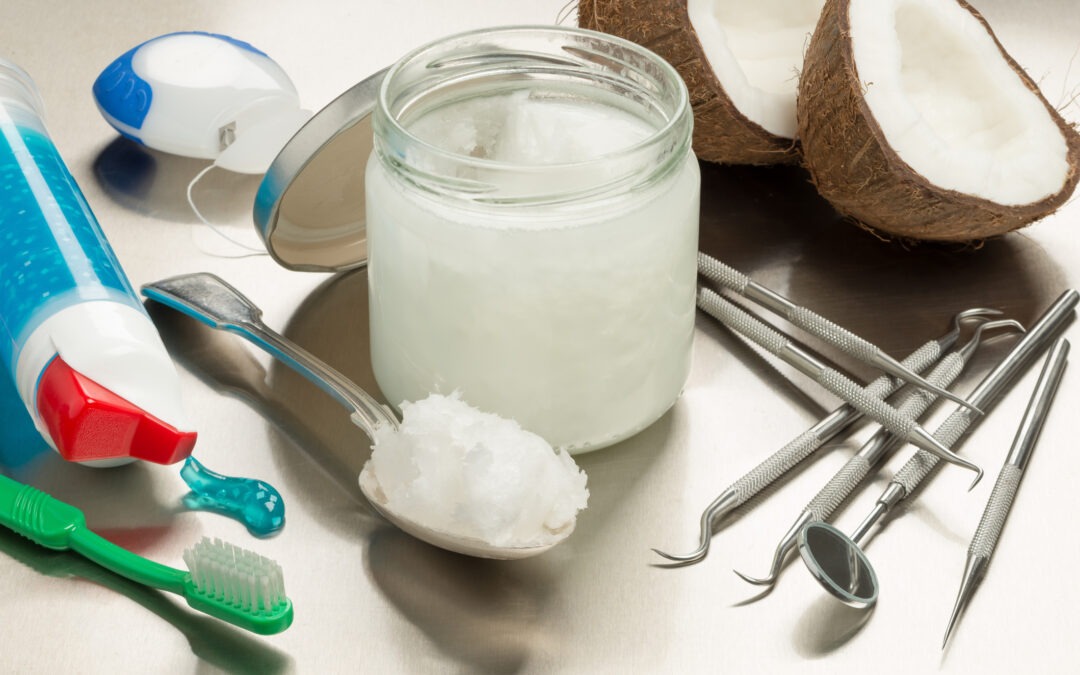In recent months, you may have seen a new trend circulating on TikTok: oil pulling. Proponents claim that swishing oil around in your mouth for a few minutes each day can lead to a brighter smile and better oral health. But is there any truth to these claims? Let’s take a closer look at the pros and cons of oil pulling.
Pros of Oil Pulling
Potential for Improved Oral Health: Some studies suggest that oil pulling can reduce the number of harmful bacteria in the mouth, which may lead to improved oral health and a reduction in bad breath.
Whitening Effects: Oil pulling may help remove surface stains from teeth, leading to a brighter smile over time.
Natural and Easy to Do: Oil pulling is a simple and natural practice that can be easily incorporated into your daily routine.
Cons of Oil Pulling
Limited Scientific Evidence: While some studies suggest benefits, overall scientific evidence supporting oil pulling is limited.
Not a Substitute for Regular Dental Care: Oil pulling cannot replace brushing, flossing, or regular dental check-ups. It should be used as a complement to these practices.
Time-Consuming: Oil pulling can be more time-consuming than using a mouthwash, as it typically requires swishing for 15 to 20 minutes.
Limited Plaque Removal: While oil pulling may protect against plaque buildup, it does not remove existing plaque.
Potential for Discomfort: Some people may find oil pulling uncomfortable or unpleasant, and inexperienced individuals may strain their jaws or experience an upset stomach from accidental swallowing.
Risk of Skin Sensitivity: People with sensitive skin may experience a reaction to certain oils if any leaks out of their mouth during oil pulling.
Not Recommended by ADA: According to the American Dental Association (ADA), oil pulling is not recommended as a supplementary oral hygiene practice.
Risk of Lipoid Pneumonia: In some cases, oil pulling has been associated with lipoid pneumonia, a condition caused by inhaling fat particles into the lungs. This risk is higher when using large amounts of oil or if the oil is accidentally inhaled.
Our Recommendation
While oil pulling may offer some potential benefits, it is not a replacement for traditional oral hygiene practices. Brushing twice a day, flossing daily, and regular dental check-ups are still the best ways to maintain good oral health. If you’re interested in trying oil pulling, we recommend consulting with your dentist first to determine if it’s right for you.
At Waters Family Dentistry, located in Anderson, SC, we are committed to helping you achieve and maintain a healthy smile. Contact us today to schedule your next appointment and discuss any questions or concerns you may have about your oral health routine.
